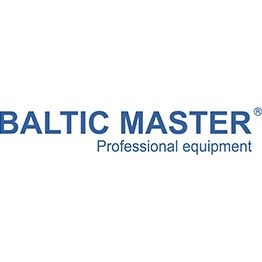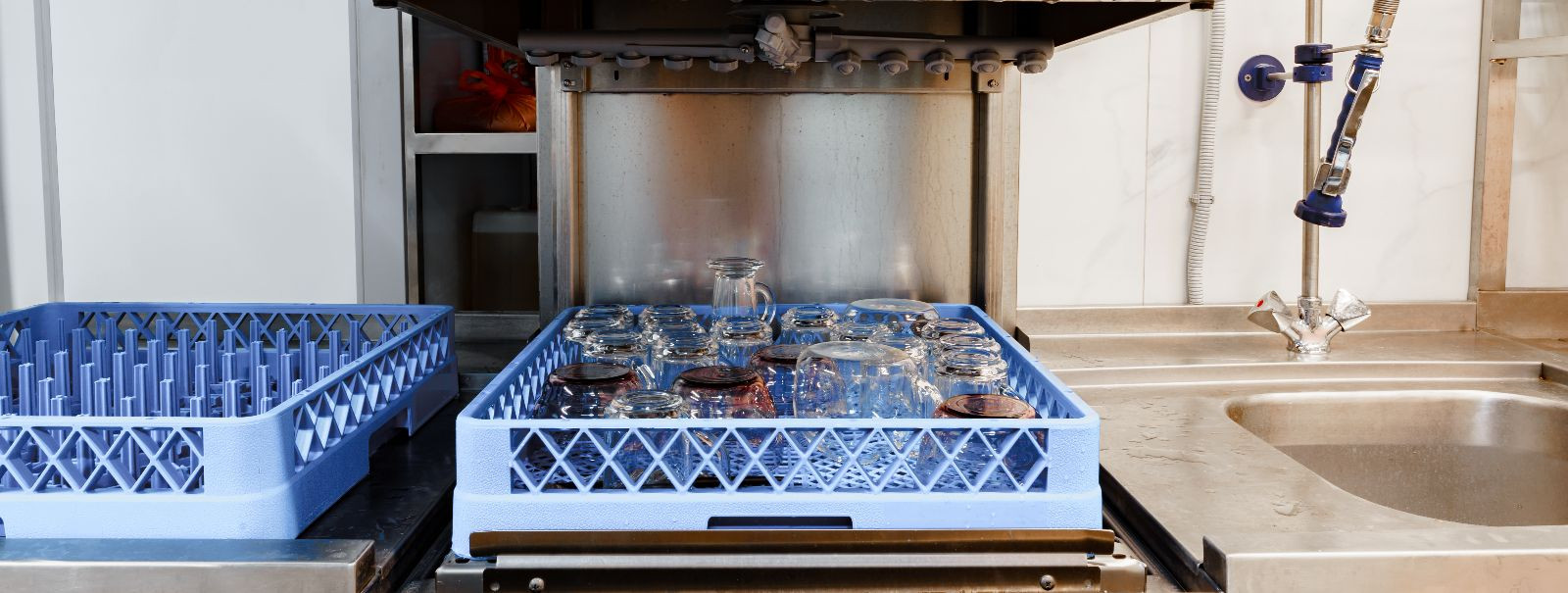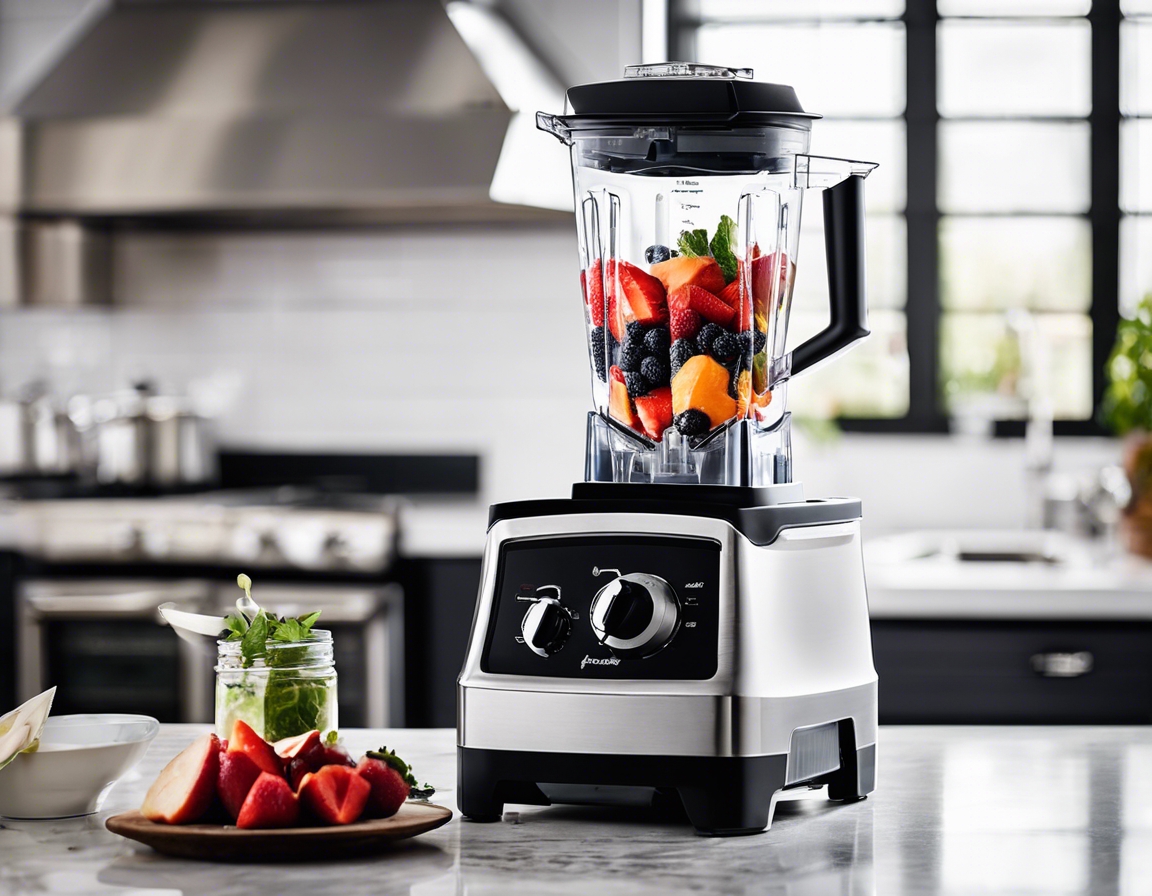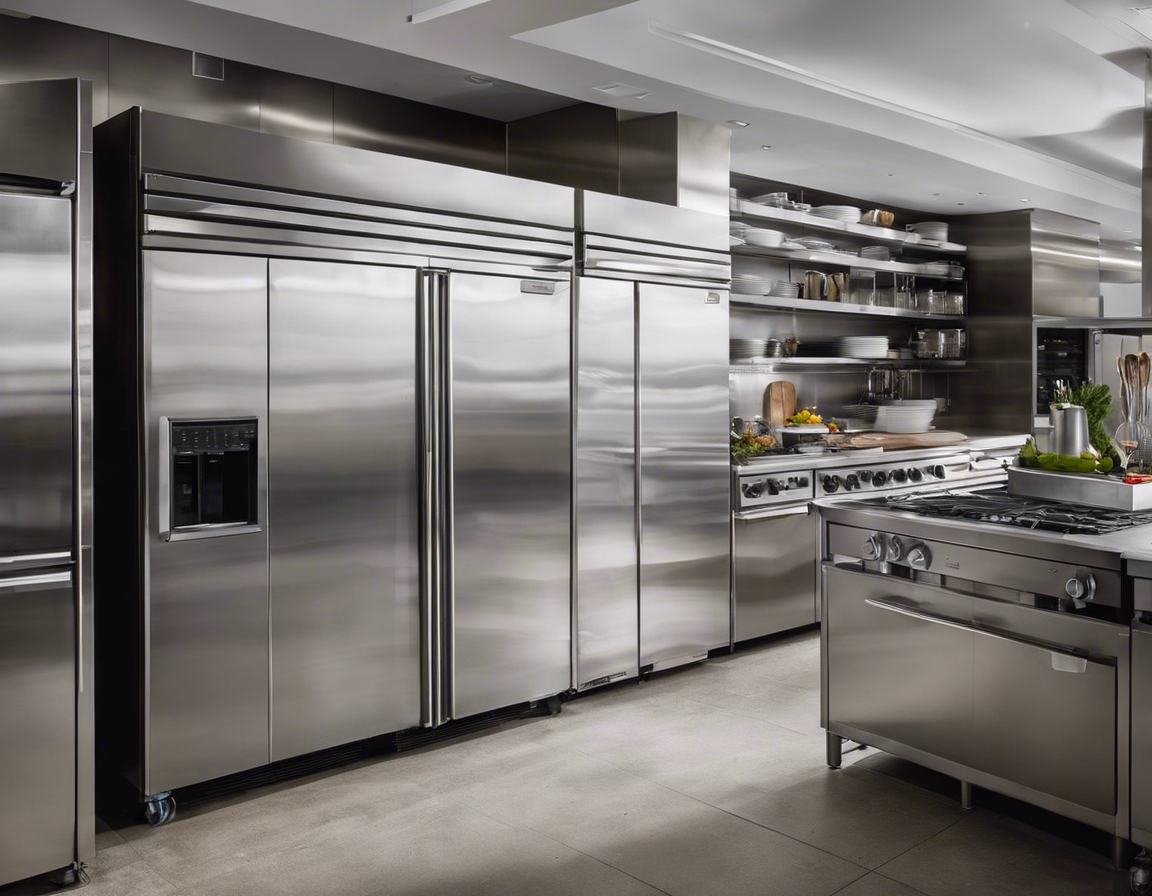Sustainable practices in commercial kitchen design
As the world becomes increasingly aware of the environmental impact of our daily activities, the focus on sustainability has never been more critical. In the realm of commercial kitchens, this means rethinking design and operations to minimize ecological footprints while still delivering the high-quality service that customers expect.
Sustainability in commercial kitchens goes beyond reducing energy consumption. It encompasses a holistic approach that considers resource efficiency, waste reduction, and the health and well-being of both employees and customers.
Commercial kitchens are resource-intensive, consuming large amounts of energy, water, and materials. Thoughtful design can significantly reduce these demands and contribute to a healthier planet.
Key Elements of Sustainable Kitchen Design
Choosing the right appliances is crucial for a sustainable kitchen. Energy-efficient models can drastically cut power usage, reducing both environmental impact and operational costs.
Innovative design can help conserve water through efficient dishwashers, pre-rinse sprayers, and low-flow faucets, contributing to significant savings and sustainability.
Selecting materials with low environmental impact, such as recycled or renewable resources, is essential for sustainable kitchen design. Durability and longevity also play a key role in reducing waste.
Implementing comprehensive waste management systems, including composting and recycling, can greatly diminish a kitchen's environmental footprint.
Technological Innovations for Sustainability
Modern kitchens can benefit from smart technologies that optimize energy and water usage, contributing to a more sustainable operation.
Technological advancements in refrigeration and cooking equipment can lead to more efficient operations, with better insulation and temperature control reducing energy consumption.
Designing for Human and Environmental Health
Good ventilation systems are vital for maintaining indoor air quality, protecting the health of kitchen staff and patrons alike.
Using non-toxic materials and finishes in kitchen design is important for food safety and the overall health of the kitchen environment.
Best Practices in Sustainable Kitchen Operations
Staff training is essential to ensure that sustainable practices are understood and implemented effectively, leading to a culture of sustainability within the business.
Regular maintenance and proper upkeep of equipment are crucial for ensuring longevity and efficiency, further contributing to a kitchen's sustainability.







Comments (0)